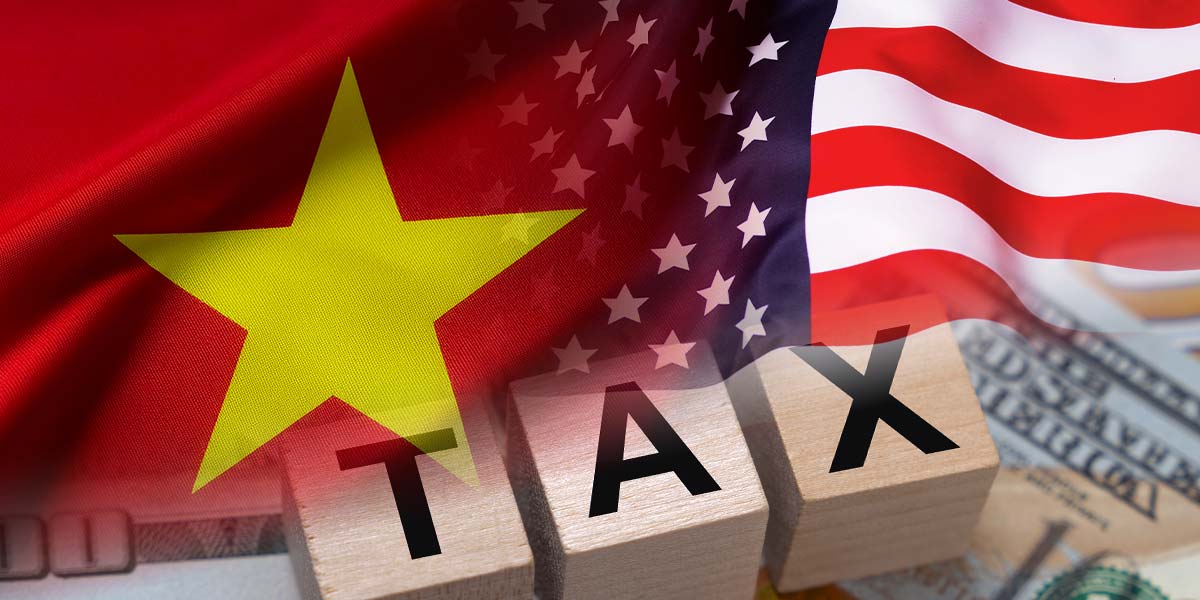A fair deal is one where all parties agree on the terms and conditions—but that was not the case for Vietnam in its trade agreement with the Trump Administration in early July.
Vietnam believed it had reached an initial understanding with the United States to significantly reduce tariffs on its exports. However, at the eleventh hour, according to Politico citing several sources, the U.S. President Donald Trump unexpectedly increased the proposed tariff rate, leaving the Vietnamese government at odds over a central aspect of the deal that he promoted online last week.
Despite Trump’s proclamation on social media that Vietnam’s leader, To Lam, had accepted the agreement’s terms, four individuals familiar with the talks—who requested anonymity due to the sensitivity of the matter—say Vietnam has not formally endorsed the key provisions. No documentation outlining the accord has been made public by either side, raising doubts over whether any genuine consensus was achieved as the White House races to demonstrate progress on a multitude of trade negotiations.
As detailed in Trump’s announcement on July 2, Vietnamese exports to the U.S. would face a 20% tariff—lower than the 46% rate that had been suspended in April—or a 40% tariff if the products originated outside Vietnam. In return, Trump claimed, Vietnam had pledged to open its market to the U.S., allowing goods to enter Vietnam tariff-free.
The news rattled officials in Hanoi, who, according to the four sources, had been under the impression that the U.S. tariff would be closer to 11%. This discrepancy emerged after Trump, during a call with General Secretary Lam—who was not previously engaged in the negotiations—insisted the U.S. would apply a much higher rate, almost double what Vietnamese negotiators anticipated.
Still, a White House official, speaking on condition of anonymity, refuted this depiction, insisting that Vietnamese authorities were briefed on the final tariff figures before the presidential call. Nonetheless, neither Washington nor Hanoi has produced any formal agreement or written record confirming these rates, and both governments have yet to endorse the deal officially. The timeline for when, or even if, the tariffs will be implemented remains uncertain.
Since Trump’s social media announcement, Hanoi has largely remained silent on the specifics of the tariff arrangement. State media in Vietnam, reporting on the July 2 call, omitted any reference to the mutually agreed tariff levels and spoke only of a “Joint Statement on a fair, balanced reciprocal trade agreement”—a statement that remains unreleased.
This silence may signal Vietnam’s frustration over the U.S. decision to alter the original terms. A draft of the joint statement, obtained by Politico on the day of Trump’s announcement, showed more favorable conditions for Vietnam, highlighting a “substantial reduction” in U.S. tariffs on Vietnamese imports.





